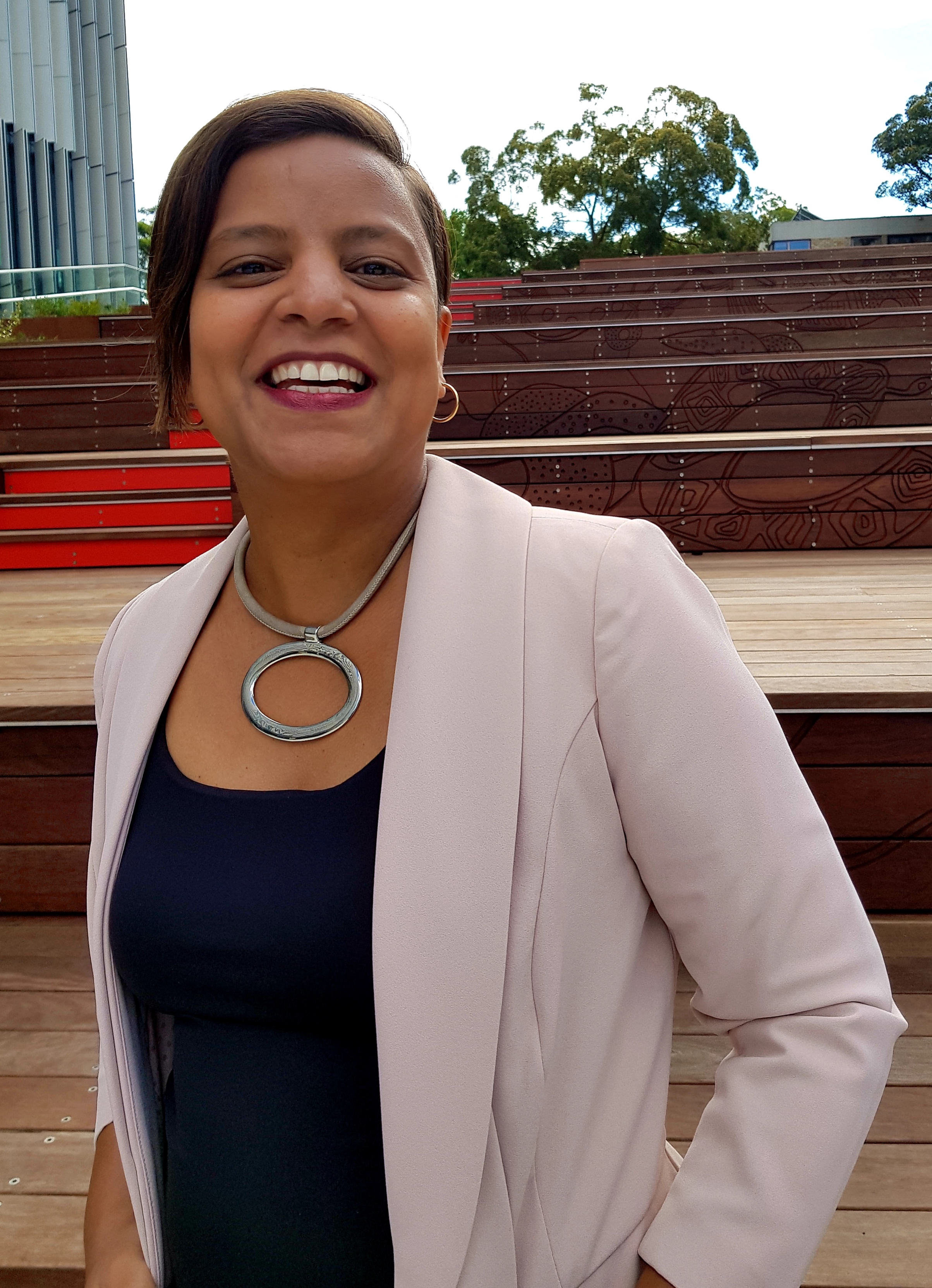
My Expertise
refugee-background women, arts-based research, critical suicide studies, co-design, participatory methods and ethics, anti-colonial research, trauma-informed and culturally safe research.
Keywords
Fields of Research (FoR)
Cultural studies, Sociology of inequalitiesBiography
Caroline Lenette is Professor of Anti-Colonial Research, School of Social Sciences, and Deputy Director of the Big Anxiety Research Centre. She is a leading interdisciplinary researcher in refugee studies and uses participatory, creative methods with community partners and co-researchers. Caroline is interested in sociocultural approaches to understanding and addressing suicide based on refugee perspectives, as part of critical suicide...view more
Caroline Lenette is Professor of Anti-Colonial Research, School of Social Sciences, and Deputy Director of the Big Anxiety Research Centre. She is a leading interdisciplinary researcher in refugee studies and uses participatory, creative methods with community partners and co-researchers. Caroline is interested in sociocultural approaches to understanding and addressing suicide based on refugee perspectives, as part of critical suicide studies. She is the author of Arts-based methods in refugee research: Creating sanctuary (2019, Springer) and Participatory Action Research: Ethics and Decolonization (Oxford University Press, 2022), and co-editor of Disrupting the Academy with Lived Experience-Led Knowledge (Bristol University Press, 2024). Her latest edited book, Anti-Colonial Research Praxis: Methods for Knowledge Justice is published with Manchester University Press. Caroline is the creator of the Anti-Colonial Research Library.
My Grants
Recent grants
-
National Disability Research Partnership (NDRP) 2021–22: Co-designing resources to increase access to information and services: Syrian and Iraqi people with disability from refugee backgrounds and service providers ($106,000).
-
Australian Research Council (ARC) Discovery 2020: Women marginalised by mental health, disability or refugee status ($207,000).
Fellowships
- 2017 European Union – Durham University Co-fund International Senior Research Fellowship in Research and Enterprise: Centre for Social Justice and Community Action, Durham University, UK.
- 2014 Endeavour Executive Fellowship ($19,500) – Visiting Scholar: Centre for Refugee Studies, York University, Canada.
My Qualifications
PhD Social Work and Human Services (QUT) 2011
MIntSocDev (UNSW) 2004
My Awards
2024 UNSW Arts, Design and Architecture Award for Excellence in Research Leadership.
2024 Stanford’s World’s Top 2% Researchers: 2023 citations (public health).
2017 European Union–Durham University Co-fund International Senior Research Fellowship: Centre for Social Justice and Community Action (Durham University).
2014 Endeavour Executive Fellowship: Visiting Scholar, Centre for Refugee Studies (York University).
2013 Queensland Conservatorium Research Centre Junior Fellowship (Griffith University).
2016 Shortlisted - FASS Dean’s Research Award for Achievement as ECR (UNSW).
2011 Griffith Health Dean’s Commendation for Outstanding Teaching (Griffith University).
2003 Bachelor of Human Services Medallist (Griffith University).
My Research Activities
Caroline's work explore anti-colonial and creative approaches to critical suicide studies. See special issue of Social Sciences https://www.mdpi.com/journal/socsci/special_issues/A24PJL779T
My Teaching
- SOSS2001 Qualitative Research Methods
- ARTS4266 Puzzles, Planning, and Presentation for Honours in Social Sciences
- SOSS2822 Decolonising Research Methods
- SOSS3822 Decolonising Methods in Criminal Justice